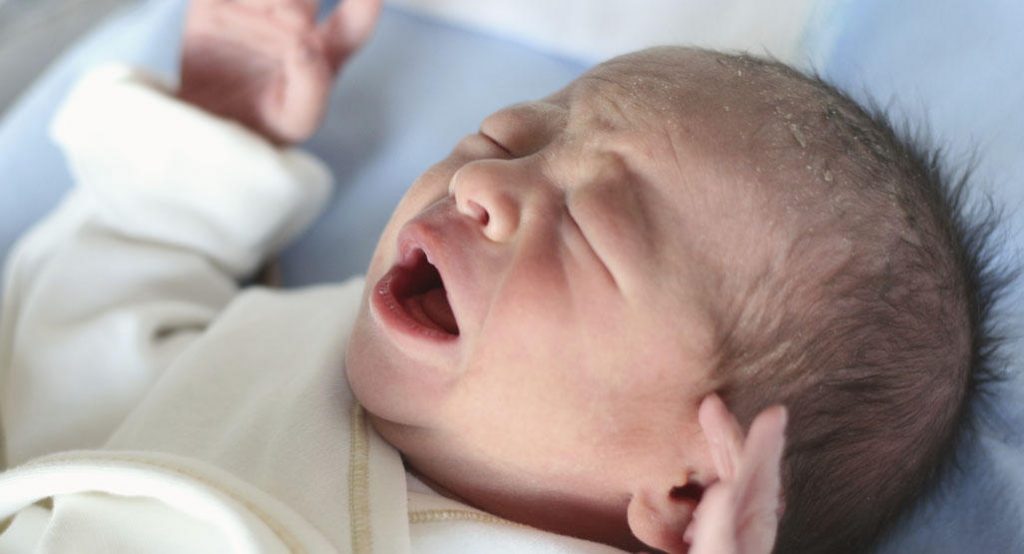circumcision Perth refers to the medical procedure used when a baby boy is born with a intact penis and scrotum. This procedure is often considered minor surgery. Newborn circumcision doesn’t require any anesthesia nor injections. It involves the surgeon removing the foreskin from the newborn’s glans penis or glans scrotum.
There are three main methods for newborn circumcision.
The first one is called the retractor Melbourne Circumcision. In this technique, the surgeon uses a tractor to remove the foreskin. Then, the surgeon makes a small cut on the glans penis and pulls it away. The second technique uses a small hole for the surgeon to insert the retractor.
Parents and babies should experience no pain or irritations following newborn circumcision. A warm compress should also be applied to the scalp. However, the parent should avoid applying petroleum jelly directly to the penis head because this will cause the skin to stretch and crack. So, the parent should avoid petroleum jelly at all costs during the initial ten days after newborn circumcision.
The plastic ring technique is the third. In this technique, a tight plastic band that has a width of 3 centimeters is wrapped around the head. Then, it is tied with a rubber band so that the head cannot move forward. The parents then take off the plastic ring.

Newborn circumcision is known to be risk free.
But there are some risks mentioned by doctors and health practitioners. These risks include bleeding. Iron deficiency. bacterial infection, skin irritation, scarring, and skin irritation. These risks can be prevented through early detection through a routine inspection of the baby’s genital area. These diseases are less likely to be contracted if a baby is regularly circumcised.
Some doctors recommend that newborn circumcision is performed in order to lower the risk of contracting sex-transmitted diseases, urinary tract infections, and HIV. It is believed that the procedure provides important health benefits. According to a leading health specialist, “circumcision reduces the risk of HIV infection.” However, he added that the procedure should not be introduced too soon. Studies have shown that people who were exposed to HIV when they were infants have a higher risk of acquiring the disease in the future. This is why the doctor should wait until six to eighteen months before treating you.
Newborns cannot consent to the surgery. Parents who oppose newborn circumcision have other options. They could ask their doctor to allow them to stop the operation if they do not think that the baby’s foreskin is still too sensitive. They could also ask to postpone the procedure until they will be healed completely. Parents would not be permitted to request this as their newborn should be completely healed before they are allowed to have another procedure.
The doctor will place the baby in a secure environment before performing newborn circumcision. The doctor attaches a clamp to the infant’s penis. Next, he begins to remove the foreskin by using lubricant. The main concern during this procedure was to prevent any injury or pain to the baby due to the sharp clamp.
There are many risks associated with newborn circumcision. There are times when the wound may not heal properly, and there is also the possibility that the wound could contract so tightly that it closes in place. Although the risk of the wound becoming too tight due to excessive anesthesia is high, these risks are temporary. There is little chance of infection if anesthesia is used correctly and the wound is washed with soap and warm water afterward.
For most babies, the main health benefits resulting from the procedure are the reduction of the risk of acquiring sexually transmitted diseases. This is especially true for small, newborn males. Because the foreskin is extremely susceptible to infection, and is difficult to treat, this is especially true for newborn males. The chances of getting HIV are high even for immunized infants, as the foreskin covers most of the penis. It is better for her baby’s health to breastfeed than to try to nurse him through his birth canal.
Circumcision is not recommended as a routine pediatric surgery. Newborns should not be circumcised until they are four months old or when the baby has no visible signs of infection. If the baby sustains any type of injury to their genitalia, the doctor may use local anesthetic and stitch the wound up with stitches. The use of local anesthetics is strictly forbidden because it can cause numbness and interfere with the healing process. Parents who are considering circumcision need to do extensive research about the topic before they make a decision.
